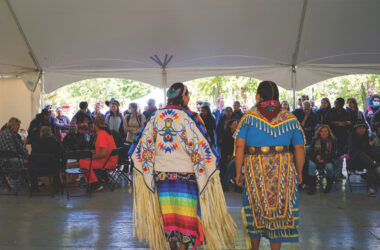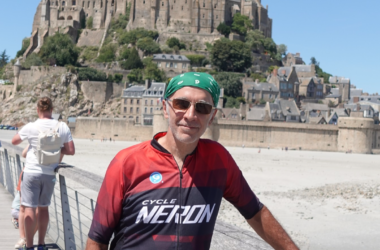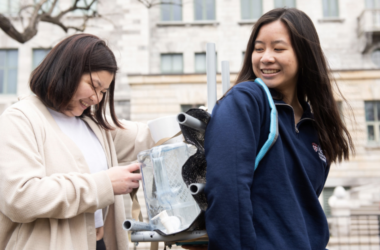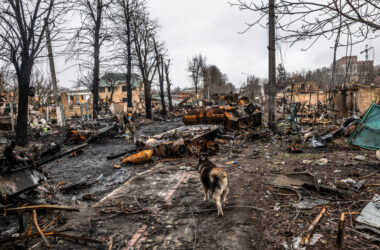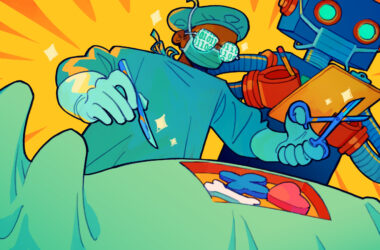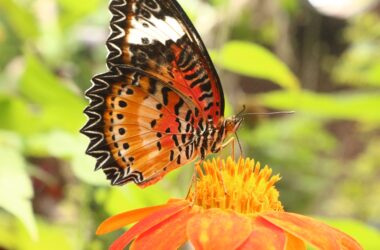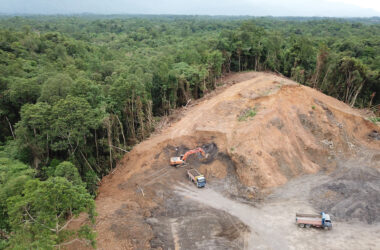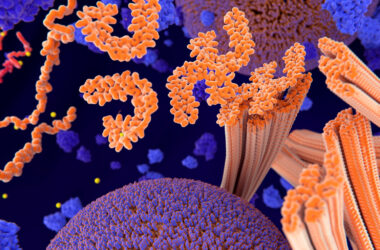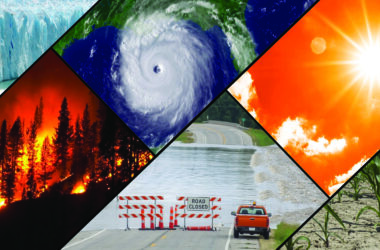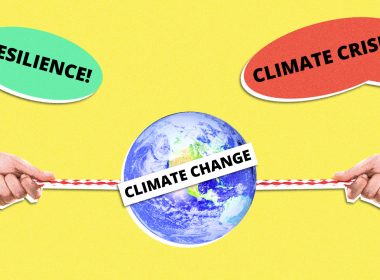On Sept. 23, with hundreds of people in attendance, McGill’s First Peoples’ House hosted the 21st annual Pow Wow at Lower Field. It had been two years since the last in-person Pow Wow, so this installment reintroduced Pow Wow to the grounds. Indigenous and non-Indigenous students, faculty, and community members[Read More…]
Search Results for author "Sara Chiarotto O’Brien"
400 days of cycling and recycling
On July 1, 62-year-old McGill mechanical engineering professor Larry Lessard set out on the journey of a lifetime. An avid cyclist and expert on recycling, Lessard plans to travel across three continents, 28 countries, and 20,000 kilometres in 400 days. Along the way, he’ll stop at universities and wind farms[Read More…]
Team of undergrads designs water-filtering backpacks for low-access communities
Every day, more than 800 million people globally travel 30 minutes or more to access clean drinking water. Although access to clean water has improved since 2000, a lack of sanitation and sewage infrastructure, water treatment plants, and environmental factors like droughts mean that one in three people—especially those in[Read More…]
War: The enemy of air, land, and sea
On Feb. 24, Russian troops launched an illegal invasion of Ukraine that rapidly escalated into full-blown war. On televisions and on the front pages of newspapers, the world watched as families were split apart on crowded train platforms and cities were leveled by bomb blasts. Ukrainian civilians faced the harrowing[Read More…]
AI will train the new generation of expert surgeons
How do we quantify the skill of a surgeon? Dr. Rolando Del Maestro, McGill’s William Feindel professor emeritus in neuro-oncology and director of the Neurosurgical Simulation Research Centre at The Neuro, has been asking himself this question for much of his career. After nearly two decades of research into surgical[Read More…]
Student Research: Emma Dawson-Glass on pollination and plant ranges
When Emma Dawson-Glass, BSc ‘20, was completing her Honours degree in environmental science, she confronted the age-old question: What would be the subject of her undergraduate thesis? An unexpected encounter with professor Anna Hargreaves of McGill’s Department of Biology turned out to be the answer Dawson-Glass was looking for. At[Read More…]
No such thing as empty land: Agricultural expansion and displacement in South America’s Gran Chaco region
The destruction of the world’s rainforests has long been framed as an environmental problem. Extractive logging, mining, and agricultural practices have led to the loss of millions of acres of wildlife and have emitted massive quantities of carbon dioxide (CO2) into the atmosphere. But for years, activists have argued that[Read More…]
Alzheimer’s disease: More than a century later
In 1901, Alois Alzheimer noticed an abrupt change in his wife August Deter’s behaviour. Though only 50 years old, she began suffering from memory problems, paranoia, and bouts of aggressive behaviour. Five years after being admitted to a psychiatric ward, she passed away a completely different person from the woman[Read More…]
Deep learning algorithm predicts early warning signals of climate tipping points
Tipping points are all around us, but it’s hard to see them coming. When a person falls off a bike, a patient has a heart attack, or a campfire escalates to a wildfire, it is nearly impossible to identify the exact moment at which disaster became inevitable. But it might[Read More…]
Climate change takeaways from the 7th Annual Trottier Symposium
The COVID-19 pandemic has had an immense impact on people’s lives across the world. It has also, however, presented a learning opportunity for political leaders tackling global problems, namely climate change. These lessons were the theme of this year’s Trottier Symposium, hosted virtually on Sept. 16 by the Trottier Institute[Read More…]
